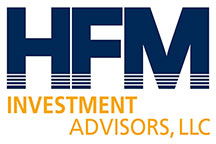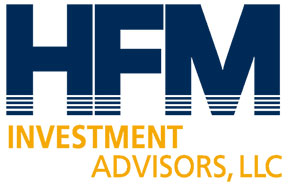
Growing Your Business By Helping Your Competitors
Bill Hoffman joins Michael Pallozzi to chat about how he grew a community-first business by first helping his competitors. They discuss what he’s doing to prepare his business for an eventual transition. At this point, his family members aren’t interested in running his extermination business so he shares other available avenues for business transition. In their conversation, they talk about the 3 main stakeholders you need keep in mind when selling your company, why being transparent with your employees makes for a smoother transition, and why Bill always picks up the phone.
Bill Hoffman is the CEO of Hoffman’s Exterminating which has been going on for over 31 years. Tune in to find out how his exterminating company ended up partnering with the Philadelphia Eagles in an unlikely turn of events.
TUNE IN UNTIL THE END TO LEARN:
- The #1 thing you must do before selling your business
- Why it pays to help your competitors
- How to make a business sale as smooth as possible OR Why telling your employees your plans to sell is better for you
Timestamps
[00:56] Who is Bill Hoffman? [04:08] How Bill got started in extermination [06:08] How he grew by helping the competitor [09:12] Selling your business as part of your retirement plan. OR Keeping your customers, employees, and yourself in your business transition plan. [11:39] Why do business owners hide business sales from their employees? [15:09] What’s the best way to value a business? OR Why you shouldn’t prioritize the money when valuing a business. [19:42] Making yourself operationally irrelevant. OR The most important thing to do before selling your business [24:44] Always run your business as if you’re selling it [27:16] Being consistently available to your employees and clients [30:57] How an extermination company bought a sports complex [35:51] How to outwork your problems by releasing authority [38:52] What to do after selling your business OR Should you stop working after selling your business? [40:46] Success is transitioning your business3 KEY HIGHLIGHTS
- Every business transitions at one point or another. You have to have a plan for what you will do when you transition your business. You have to have a plan for your customers, your employees, and yourself.
- Nobody likes change. There is a lot of uncertainty and uneasiness that can come with selling a business. It can make you reluctant to keep your employees in the loop. If you get buy-in from your employees early, you will have a much smoother transition.
- When selling your business, you have to gradually first become operationally irrelevant. If you don’t do that, your business will fall apart without you and investors will no longer be interested in buying your company. Build a self-managing company. You don’t want your buyer to think you need them to survive, you want to have power.
USEFUL LINKS
Connect with Bill Hoffman: LinkedIn
Connect with Michael Pallozzi: LinkedIn | Get a 401k tip in under 2 minutes (video)
Like what you’ve heard…
Learn more about HFM HERE
Schedule time to speak with us HERE
Open an HFM Ignite account HERE

102 WEST HIGH STREET, SUITE 200
GLASSBORO, NJ 08028
HFM Investment Advisors, LLC is a registered investment adviser. All statements and opinions expressed are based upon information considered reliable although it should not be relied upon as such. Any statements or opinions are subject to change without notice. Information presented is for educational purposes only and does not intend to make an offer or solicitation for the sale or purchase of any specific securities, investments, or investment strategies. All investments involve risk and are not guaranteed. Information expressed does not take into account your specific situation or objectives and is not intended as a recommendation appropriate for any individual. Listeners are encouraged to seek advice from a qualified tax, legal, or investment advisor to determine whether any information presented may be suitable for their specific situation. Past performance is not indicative of future performance.
